Vernacular Sovereignties: Indigenous Women Challenging World Politics
University of Arizona Press
Cloth: 978-0-8165-3735-8 | Paper: 978-0-8165-4019-8 | eISBN: 978-0-8165-3824-9
Library of Congress Classification HQ1155.P57 2018
Dewey Decimal Classification 305.48809866
Cloth: 978-0-8165-3735-8 | Paper: 978-0-8165-4019-8 | eISBN: 978-0-8165-3824-9
Library of Congress Classification HQ1155.P57 2018
Dewey Decimal Classification 305.48809866
ABOUT THIS BOOK | AUTHOR BIOGRAPHY | REVIEWS | TOC
ABOUT THIS BOOK
Indigenous women are rarely accounted for in world politics. Imagined as passive subjects at the margins of political decision-making, they often epitomize the antithesis of international relations. Yet from their positions of marginality they are shaping sovereignty.
In Vernacular Sovereignties, Manuela Lavinas Picq shows that Indigenous women have long been dynamic political actors who have partaken in international politics and have shaped state practices carrying different forms of resistance. Her research on Ecuador shows that although Kichwa women face overlapping oppressions from socioeconomic exclusions to sexual violence, they are achieving rights unparalleled in the world. They successfully advocated for women’s participation in the administration of Indigenous justice during the 2008 constitutional reform, creating the first constitution in Latin America to explicitly guarantee the rights of Indigenous women and the first constitution worldwide to require gender parity in the administration of justice.
Picq argues that Indigenous women are among the important forces reshaping states in Latin America. She offers empirical research that shows the significance of Indigenous women in international politics and the sophistication of their activism. Indigenous women strategically use international norms to shape legal authority locally, defying Western practices of authority as they build what the author calls vernacular sovereignties. Weaving feminist perspectives with Indigenous studies, this interdisciplinary work expands conceptual debates on state sovereignty.
Picq persuasively suggests that the invisibility of Indigenous women in high politics is more a consequence of our failure to recognize their agency than a result of their de facto absence. It is an invitation not merely to recognize their achievements but also to understand why they matter to world politics.
In Vernacular Sovereignties, Manuela Lavinas Picq shows that Indigenous women have long been dynamic political actors who have partaken in international politics and have shaped state practices carrying different forms of resistance. Her research on Ecuador shows that although Kichwa women face overlapping oppressions from socioeconomic exclusions to sexual violence, they are achieving rights unparalleled in the world. They successfully advocated for women’s participation in the administration of Indigenous justice during the 2008 constitutional reform, creating the first constitution in Latin America to explicitly guarantee the rights of Indigenous women and the first constitution worldwide to require gender parity in the administration of justice.
Picq argues that Indigenous women are among the important forces reshaping states in Latin America. She offers empirical research that shows the significance of Indigenous women in international politics and the sophistication of their activism. Indigenous women strategically use international norms to shape legal authority locally, defying Western practices of authority as they build what the author calls vernacular sovereignties. Weaving feminist perspectives with Indigenous studies, this interdisciplinary work expands conceptual debates on state sovereignty.
Picq persuasively suggests that the invisibility of Indigenous women in high politics is more a consequence of our failure to recognize their agency than a result of their de facto absence. It is an invitation not merely to recognize their achievements but also to understand why they matter to world politics.
See other books on: Ecuador | Indigenous Studies | Indigenous women | Picq, Manuela Lavinas | Quechua women
See other titles from University of Arizona Press
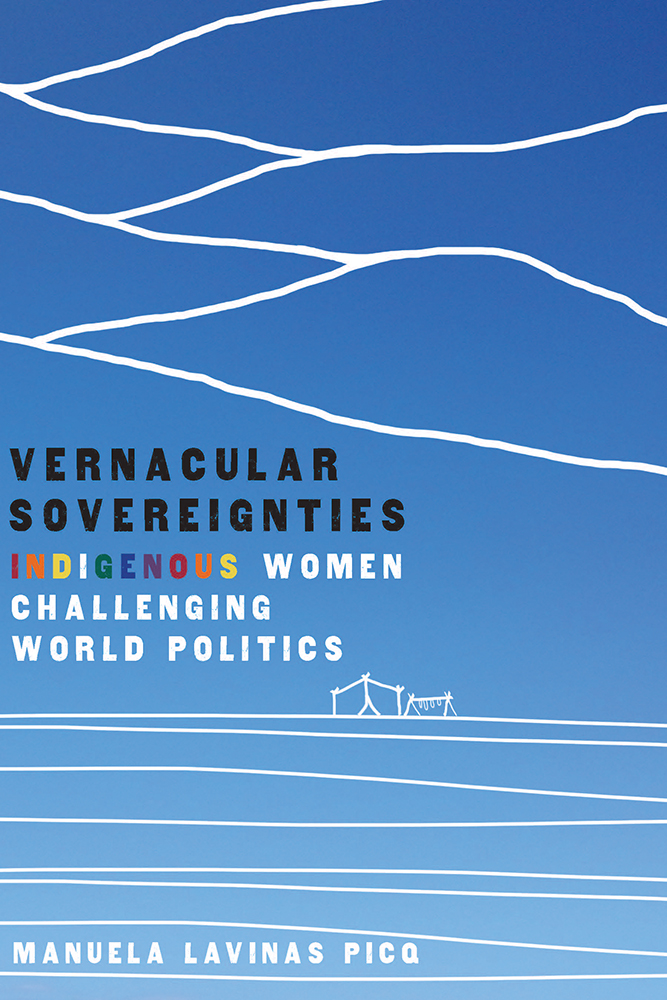
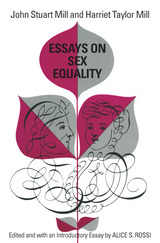

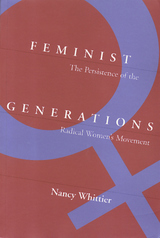








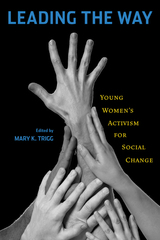
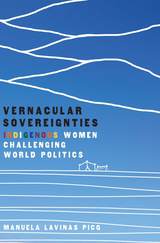


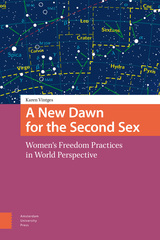


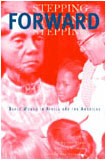
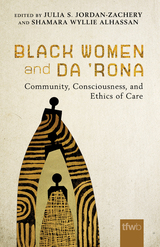
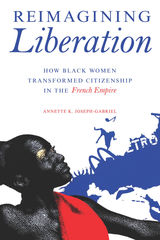
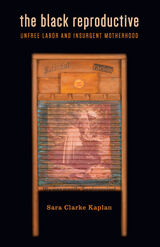

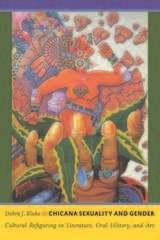
![[Un]framing the "Bad Woman": Sor Juana, Malinche, Coyolxauhqui, and Other Rebels with a Cause](https://www.bibliovault.org/thumbs/978-0-292-75850-6-thumb.jpg)


